Marshmallow and Moonpie’s Latest Stay at the Guinea Pig Hotel March 2018
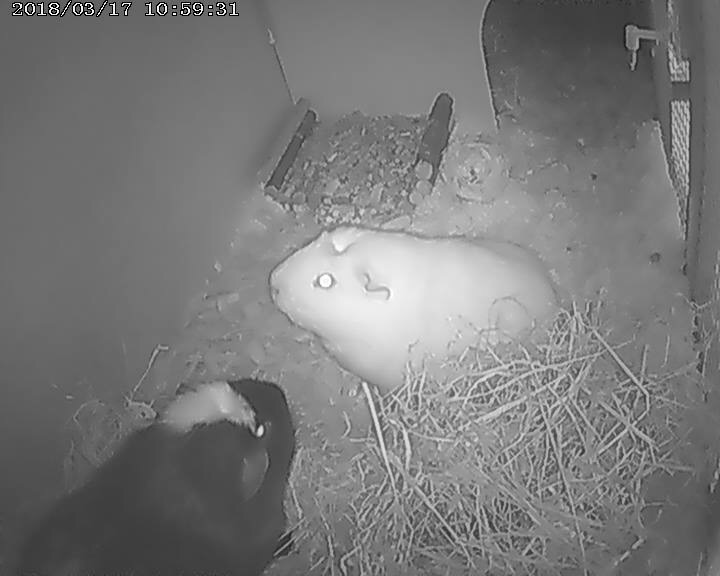
Contact us: Mobile: 07734204630 Email: support@guineapighotel.co.uk Address: Pigman's House, Reepham Road, Bawdeswell NR20 4RX.
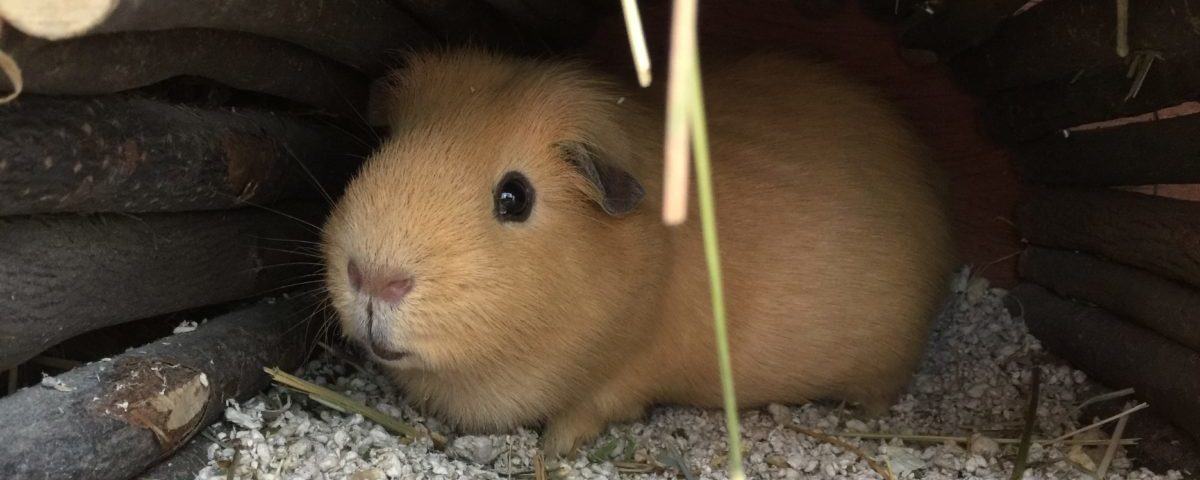

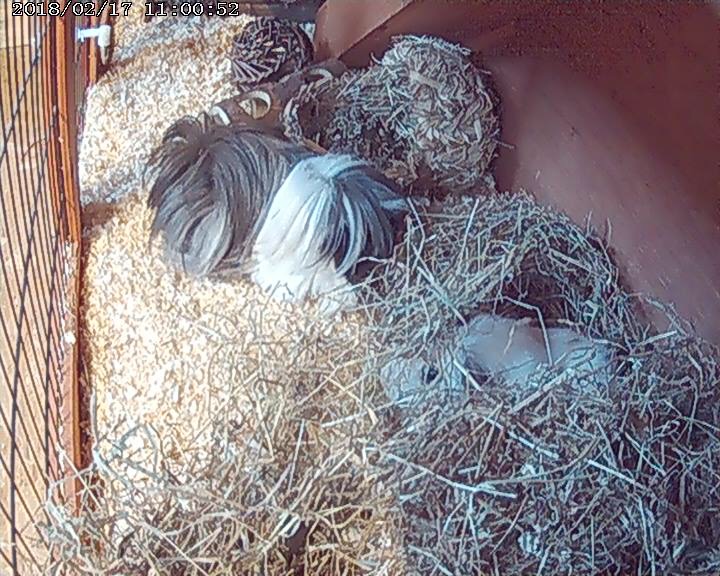

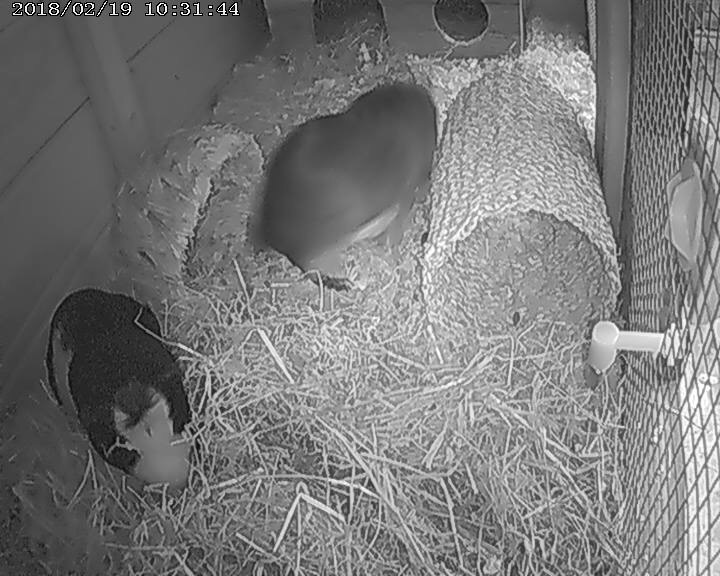
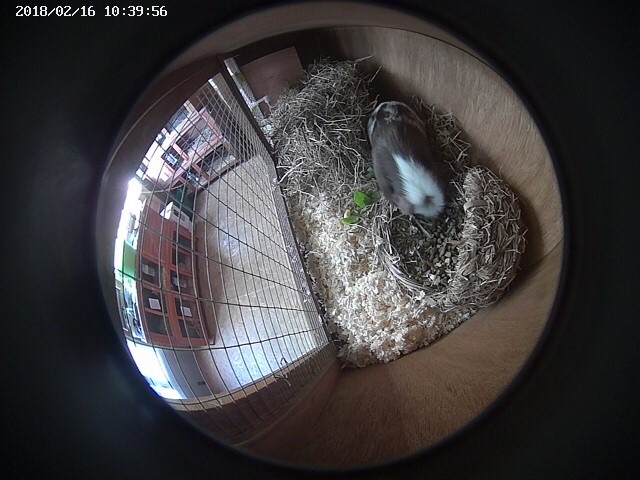
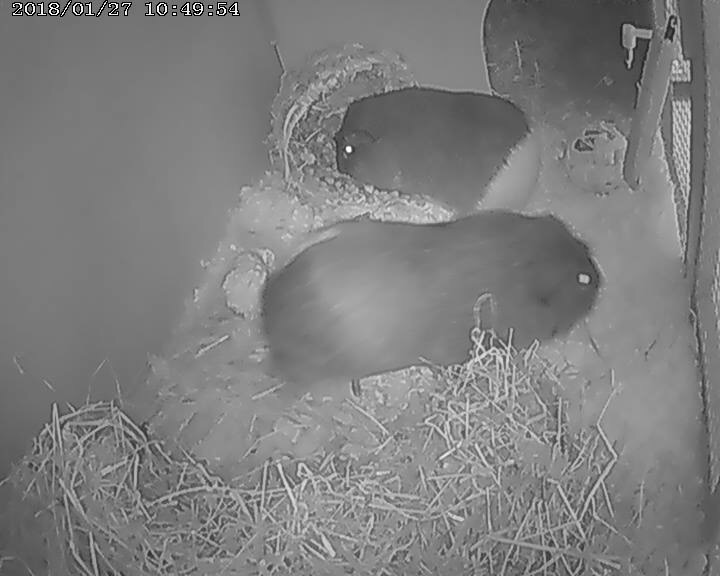
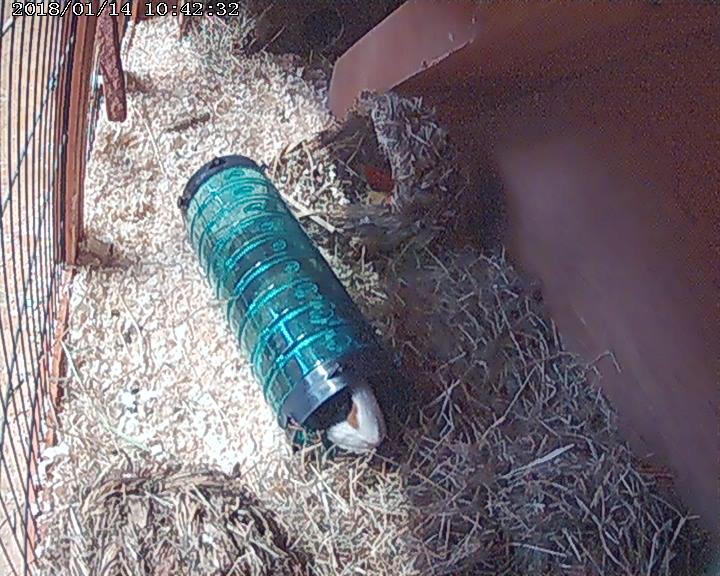
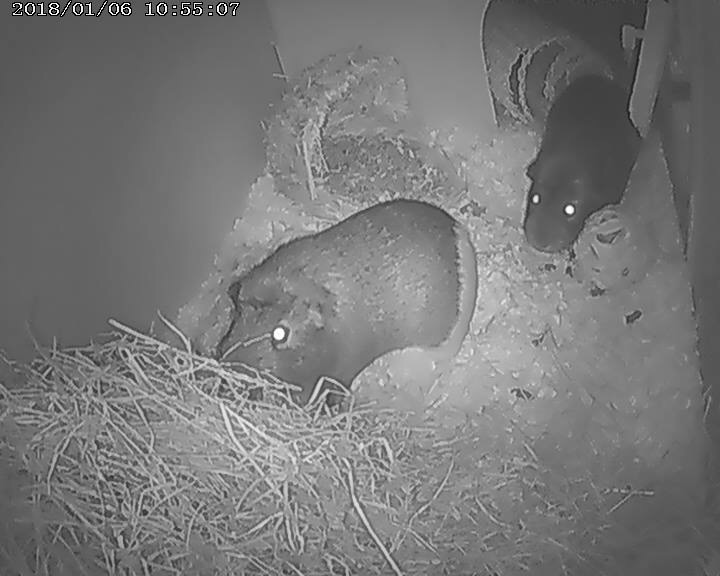

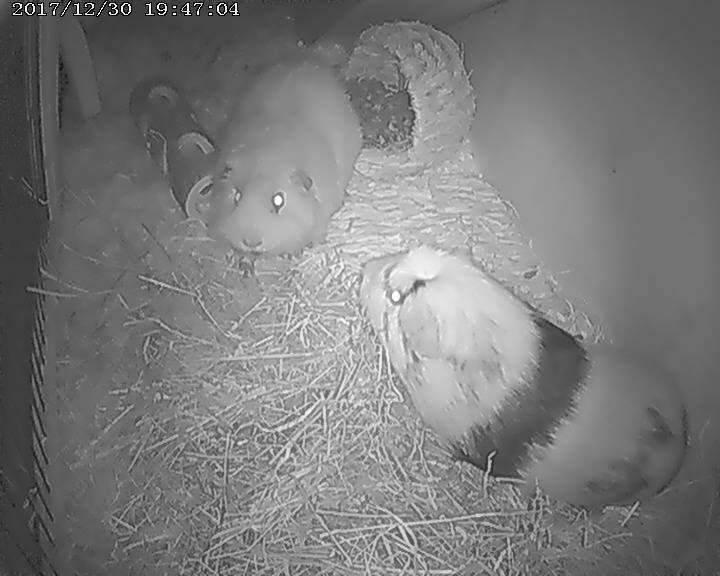
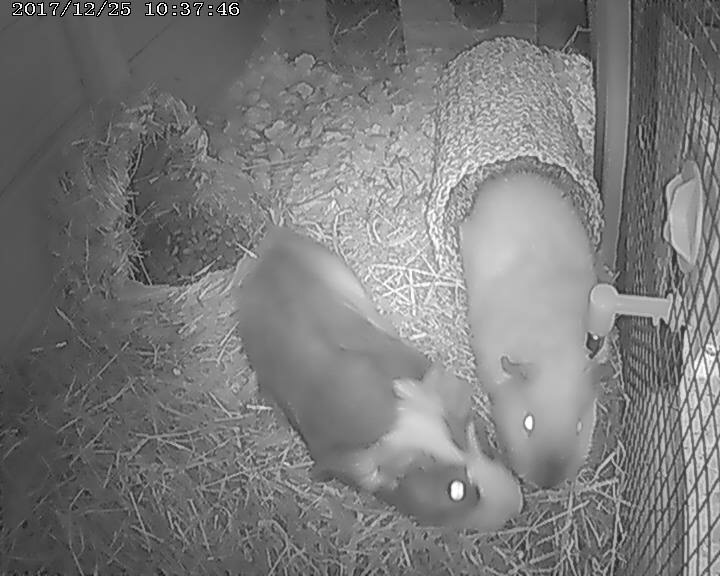
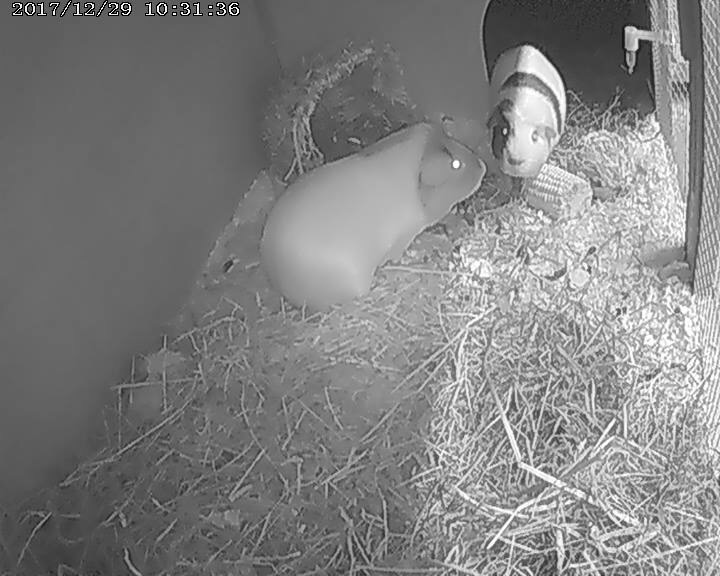
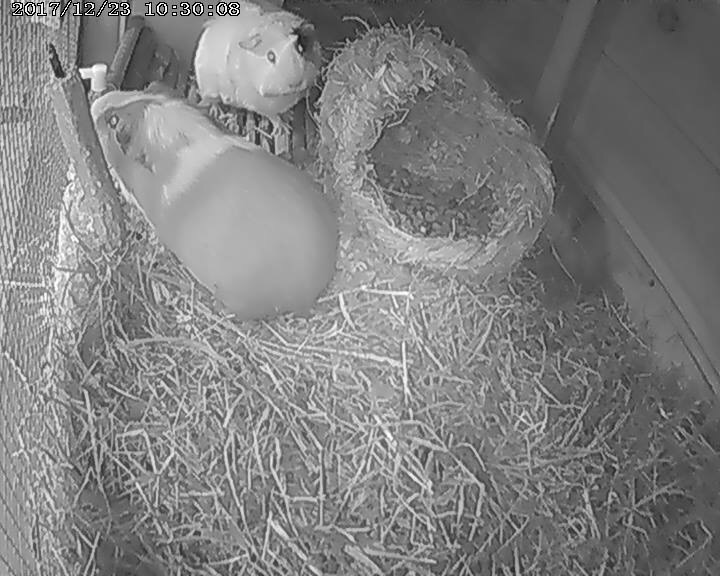
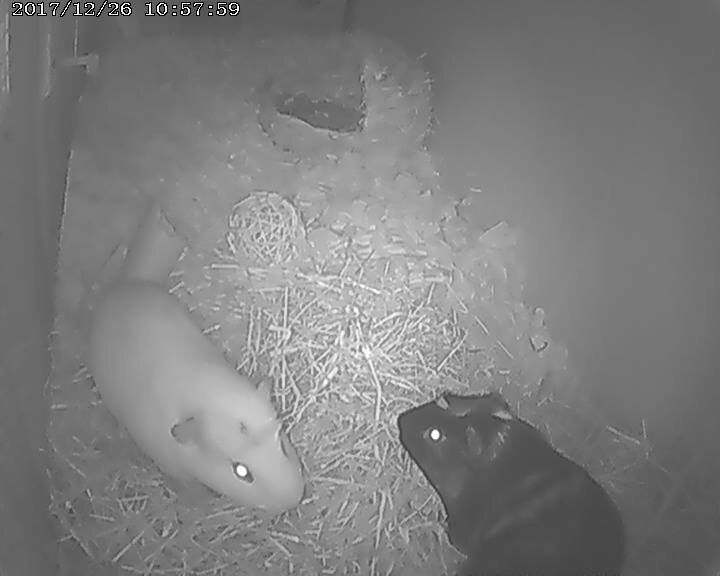
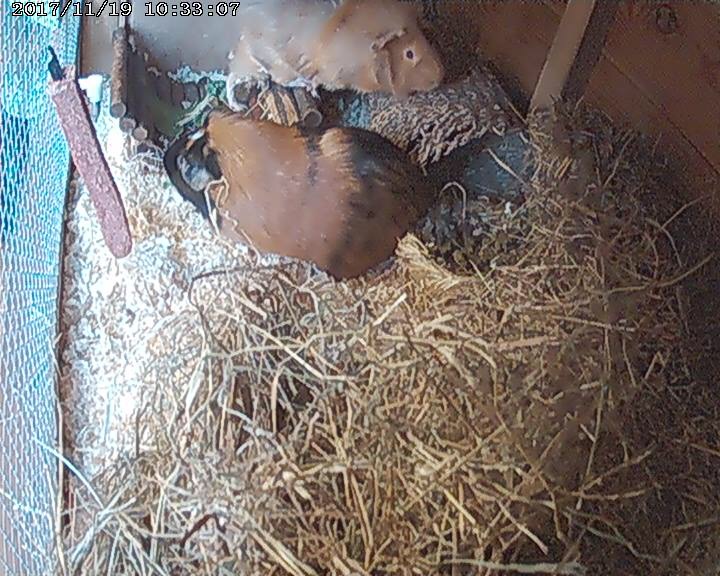


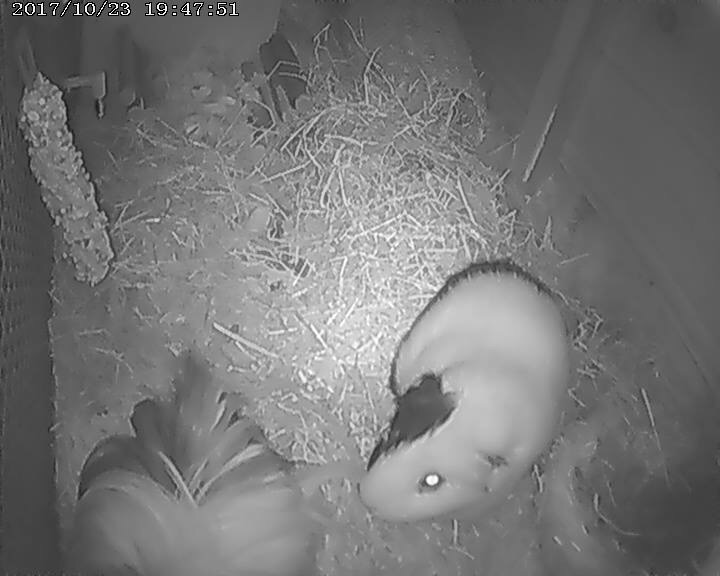
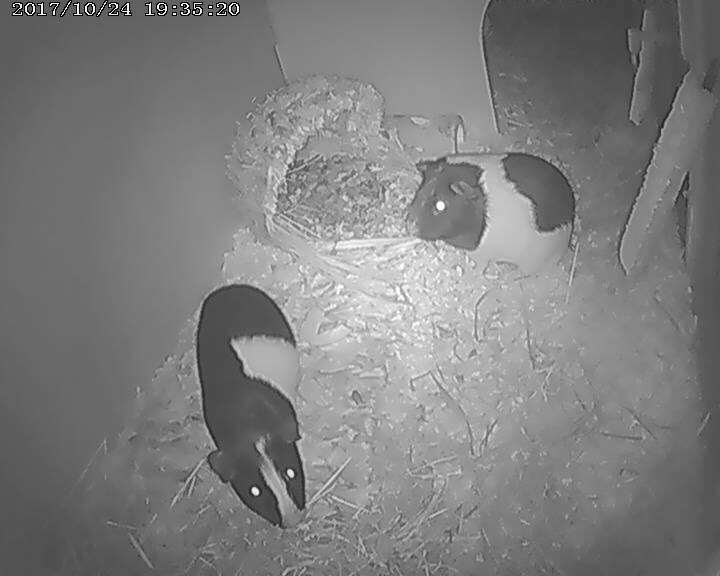
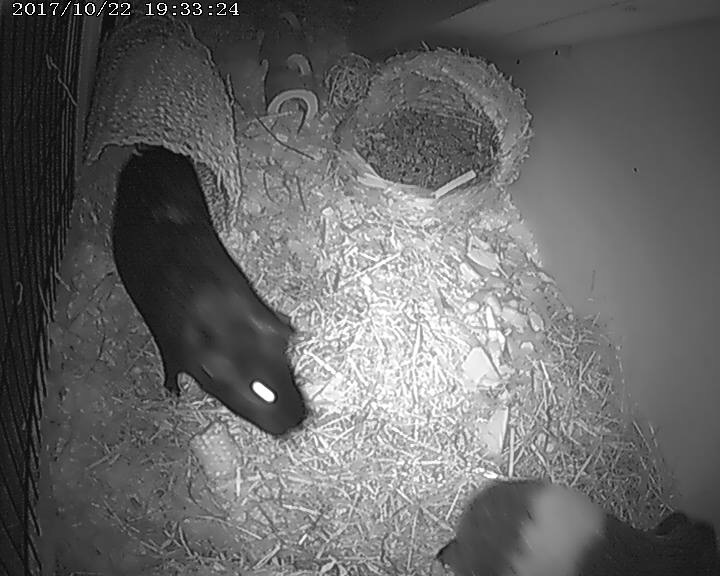
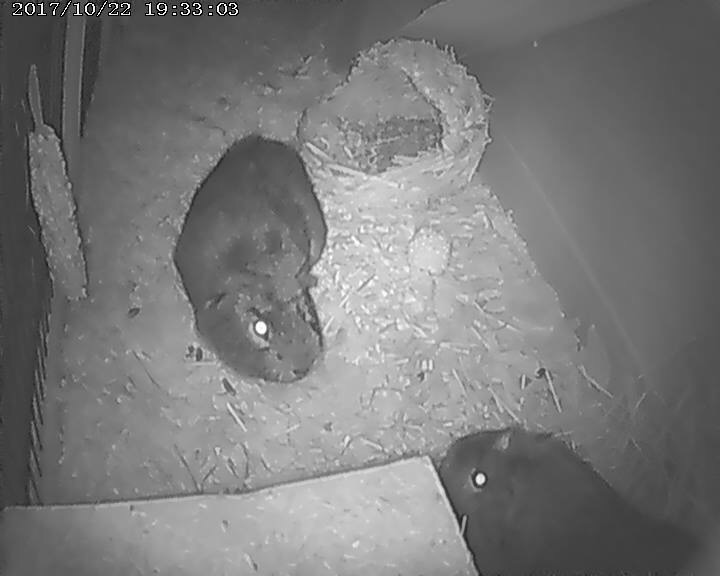
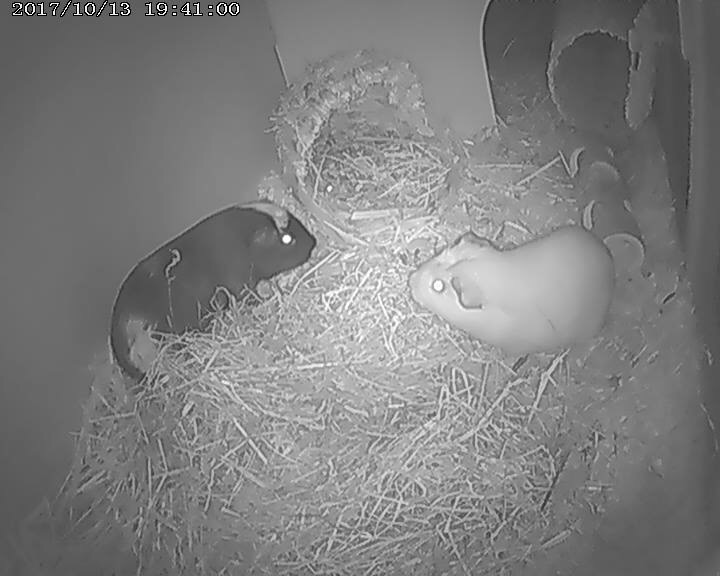
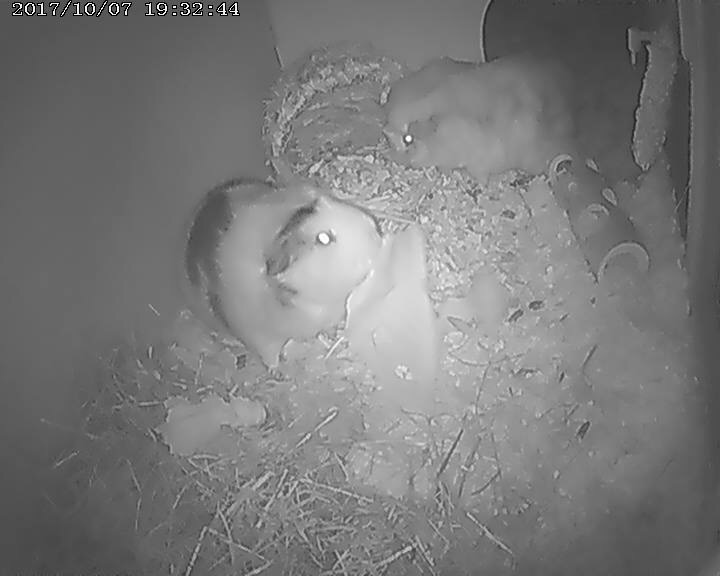
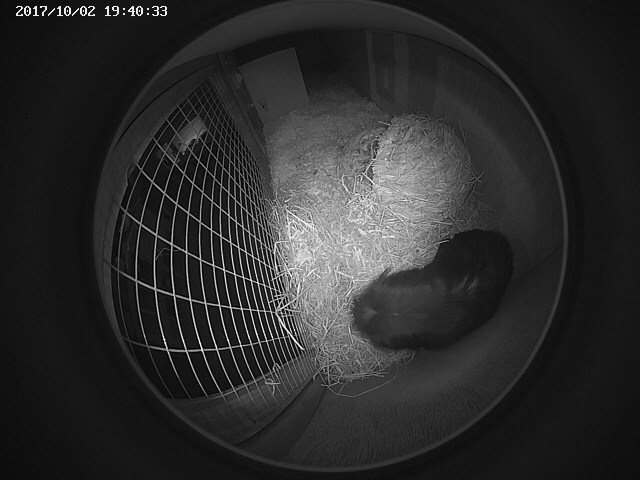
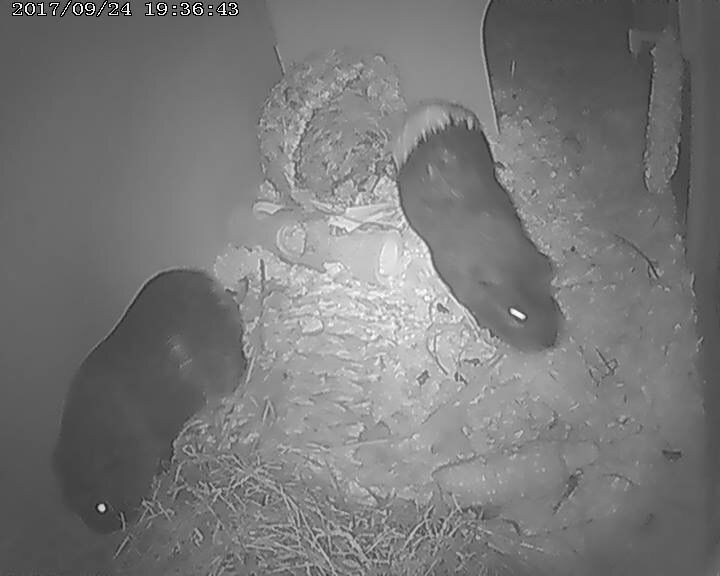
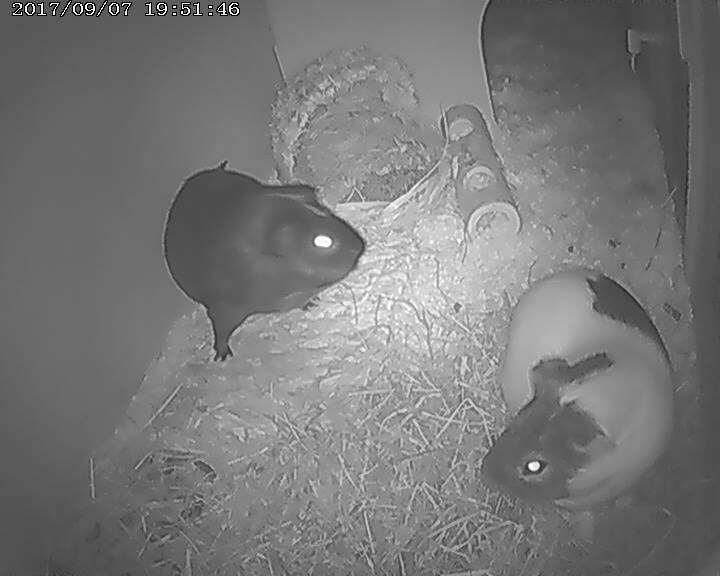
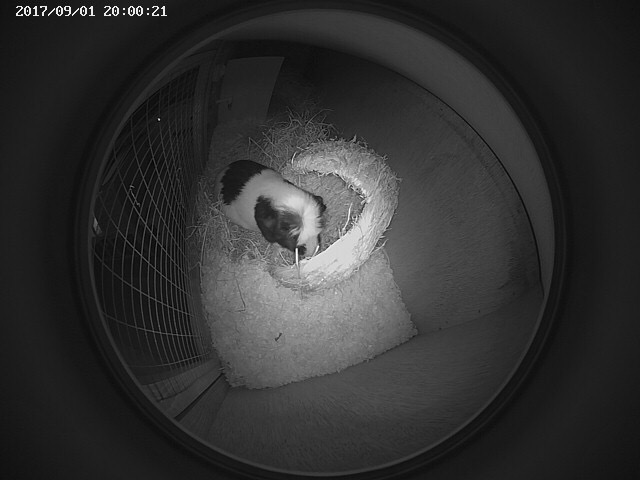

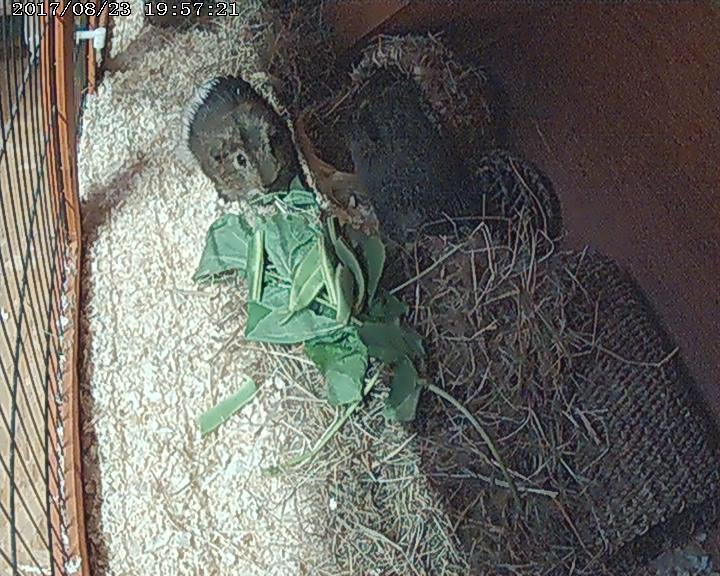
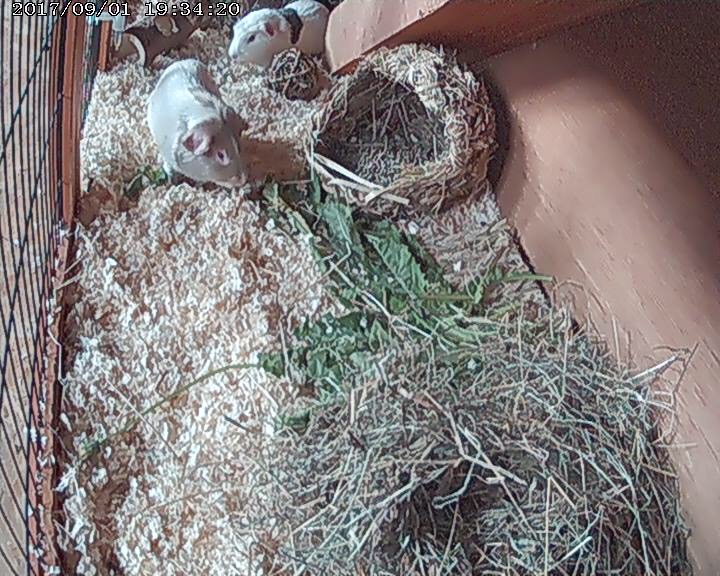
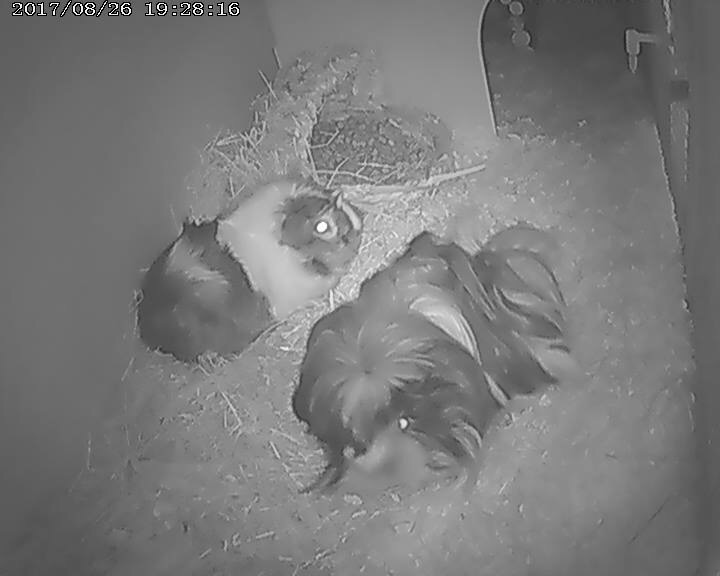
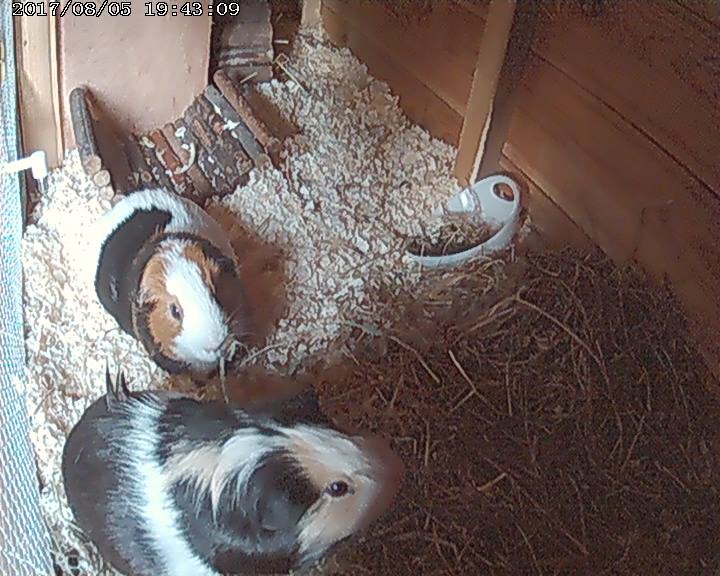

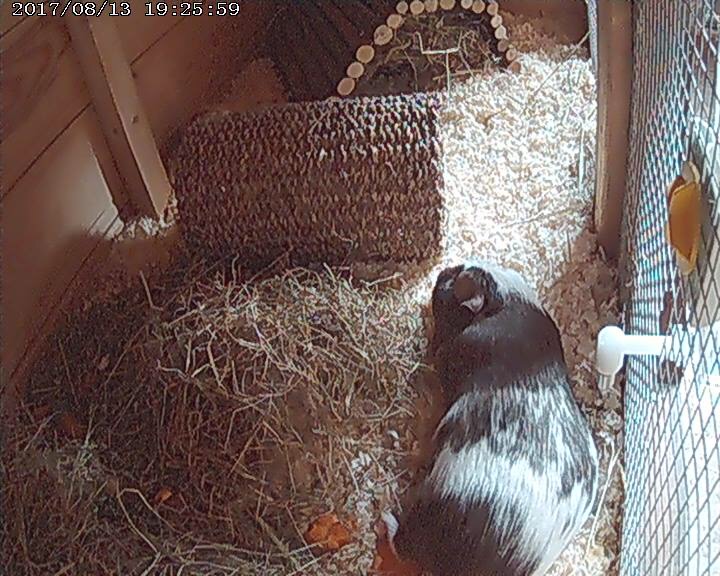

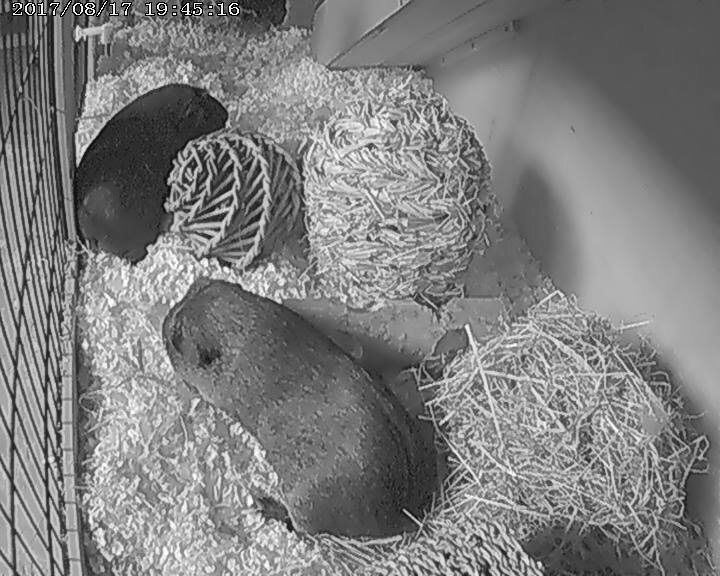
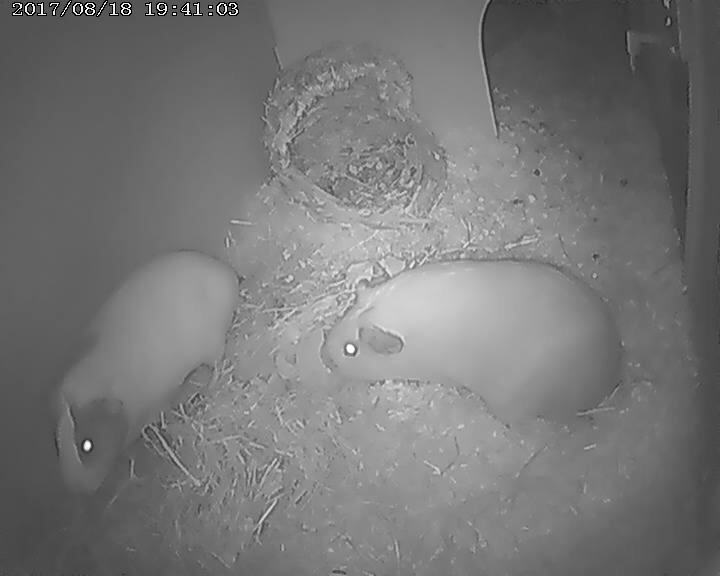

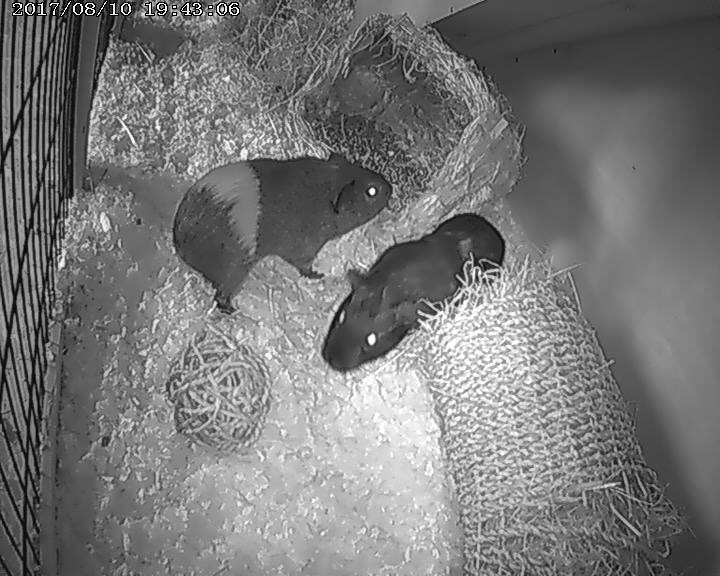
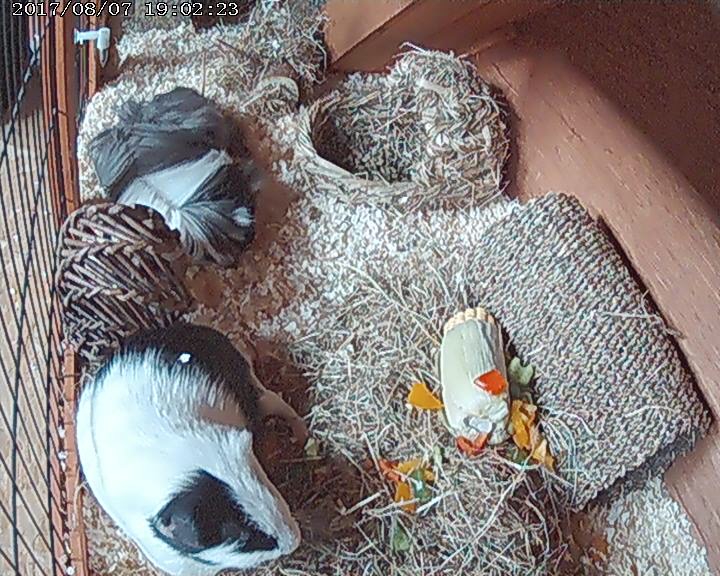
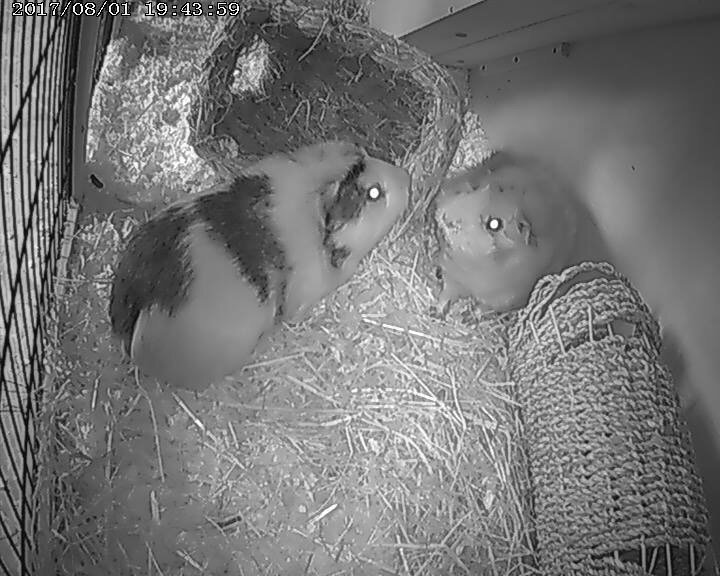


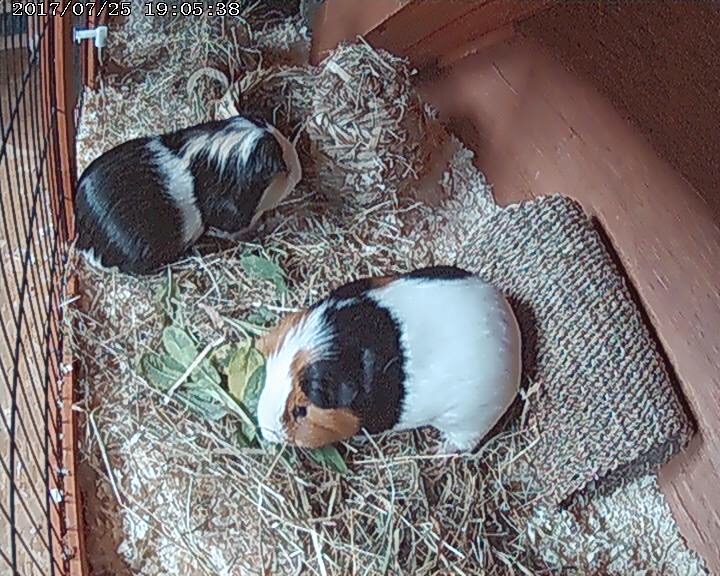

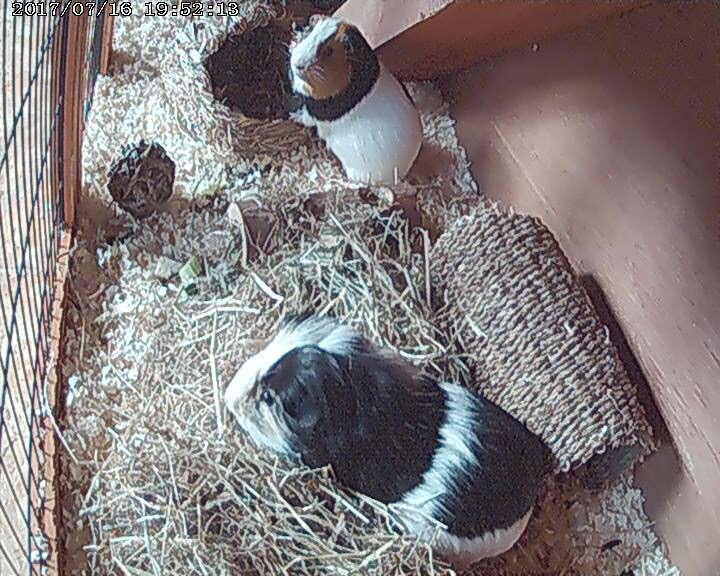

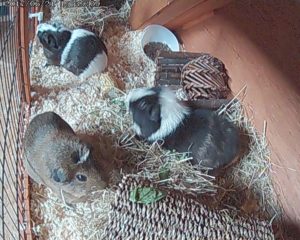



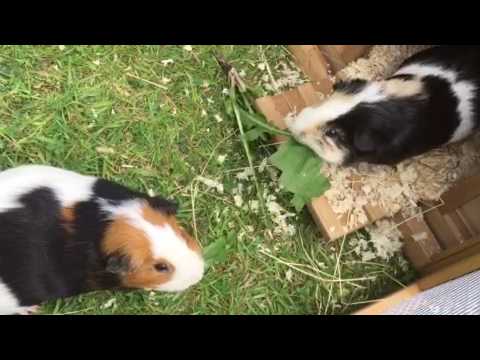
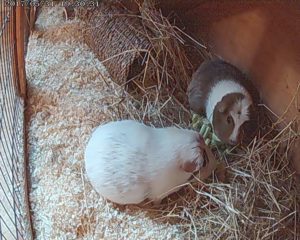
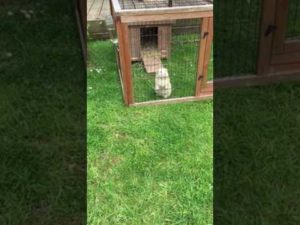
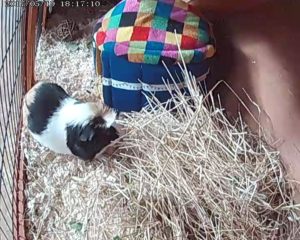
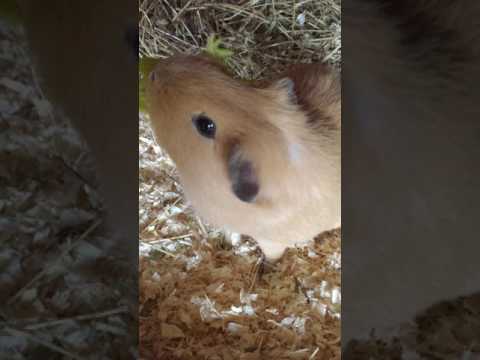




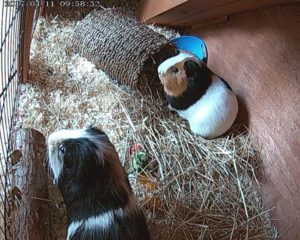
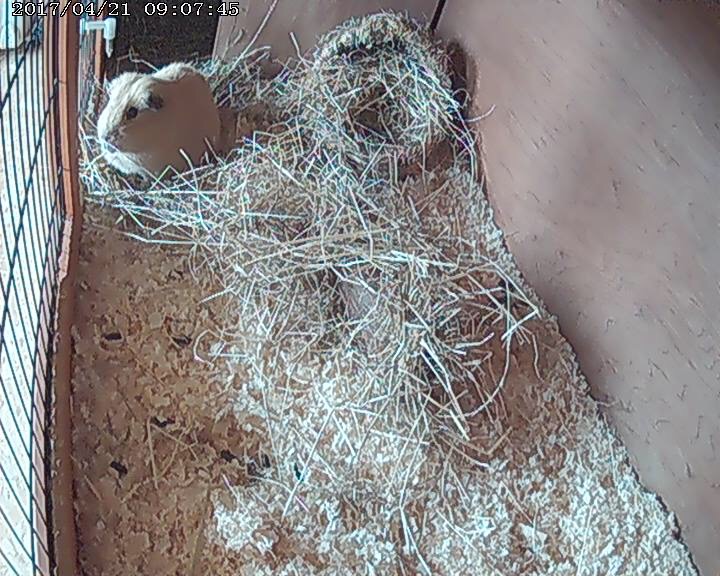
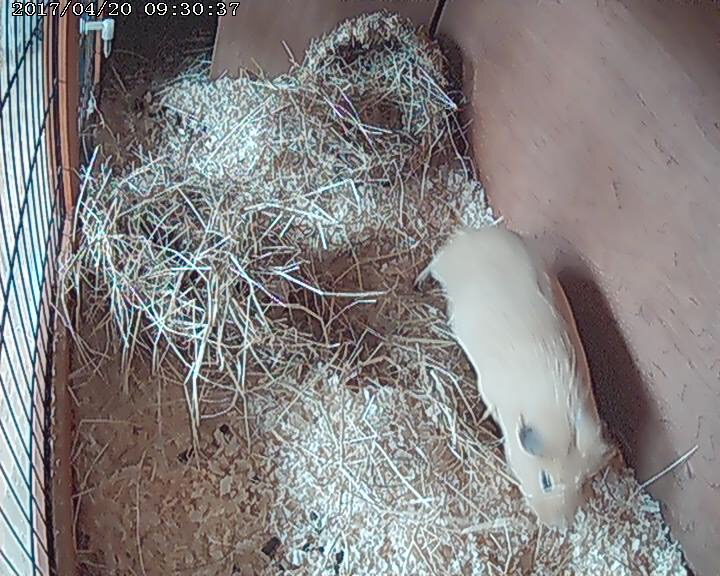

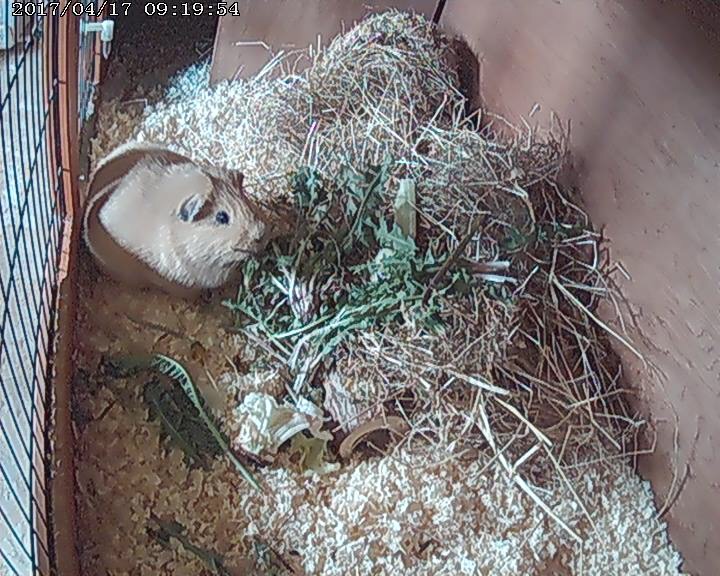
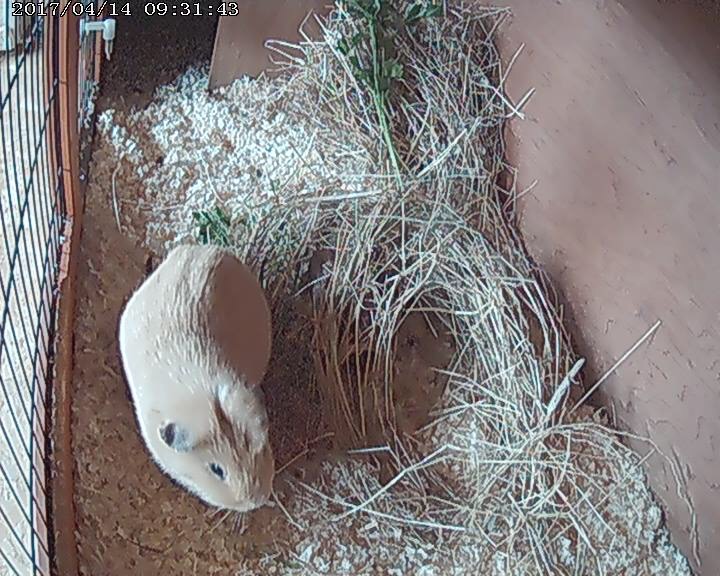
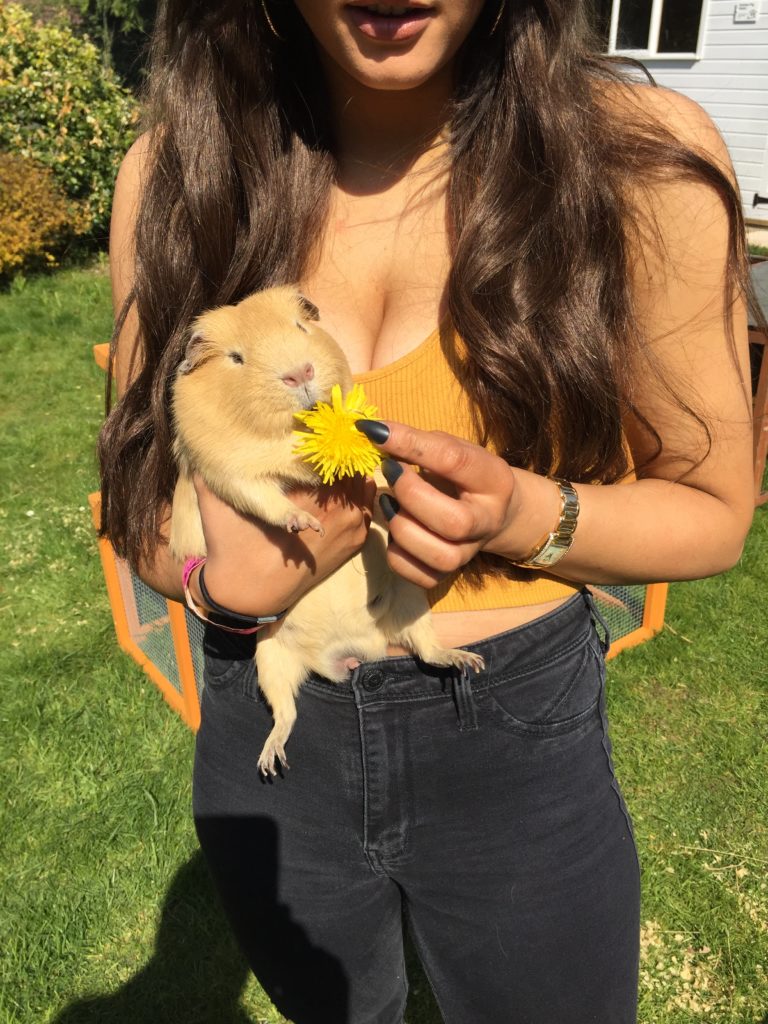
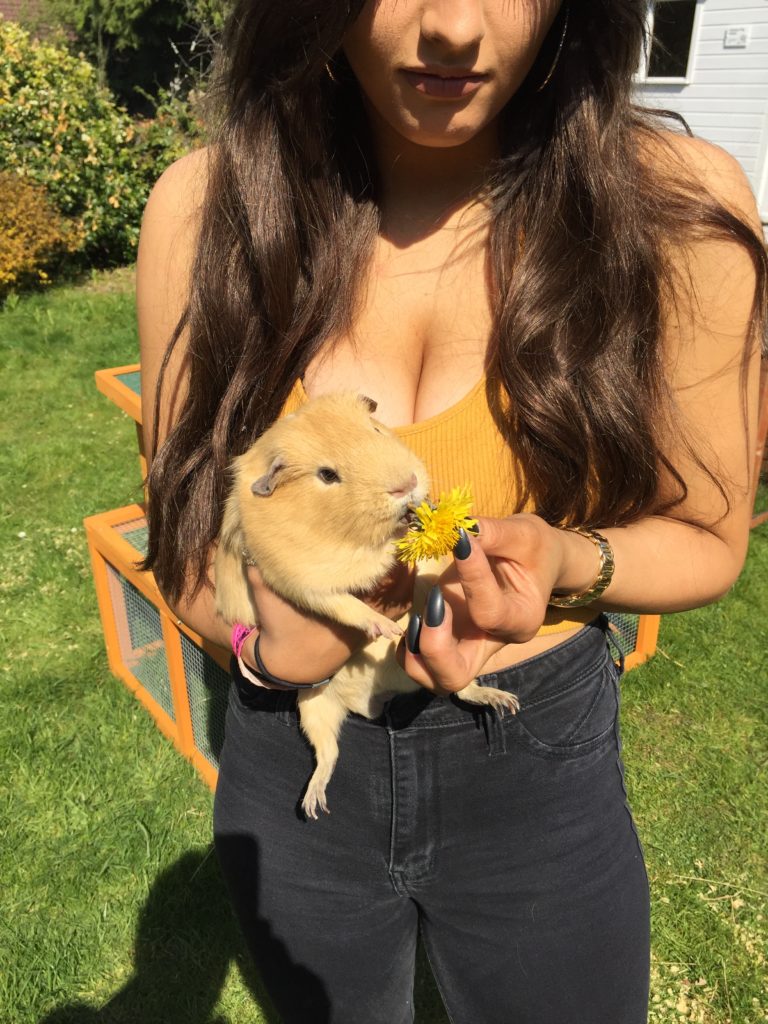
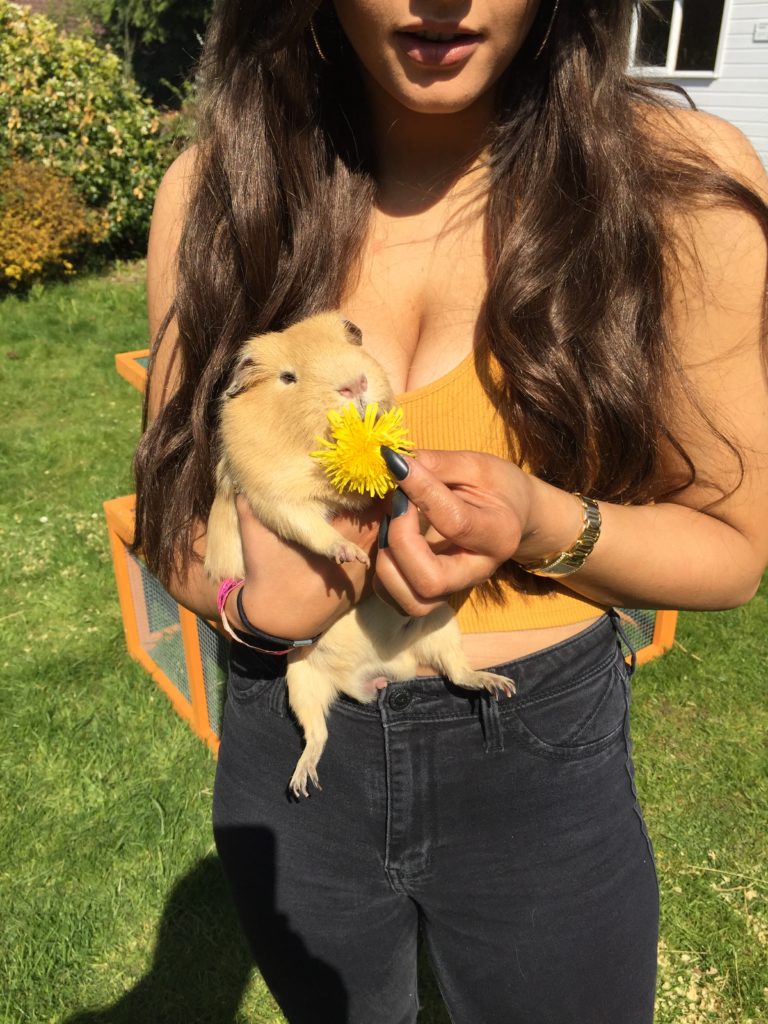
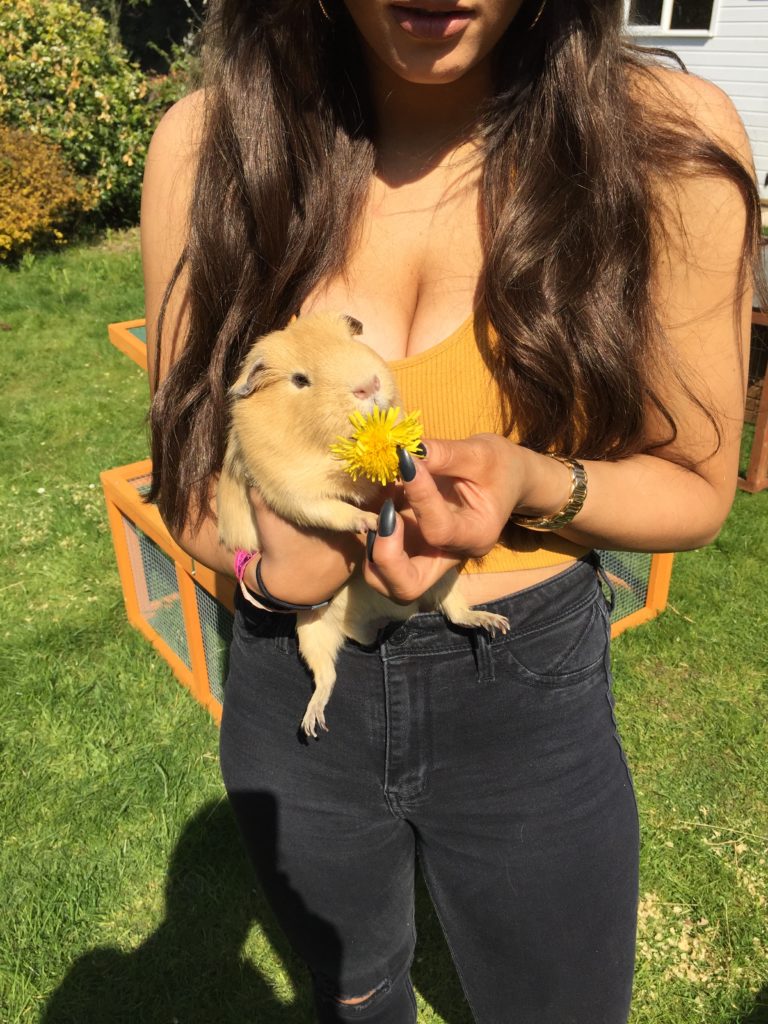
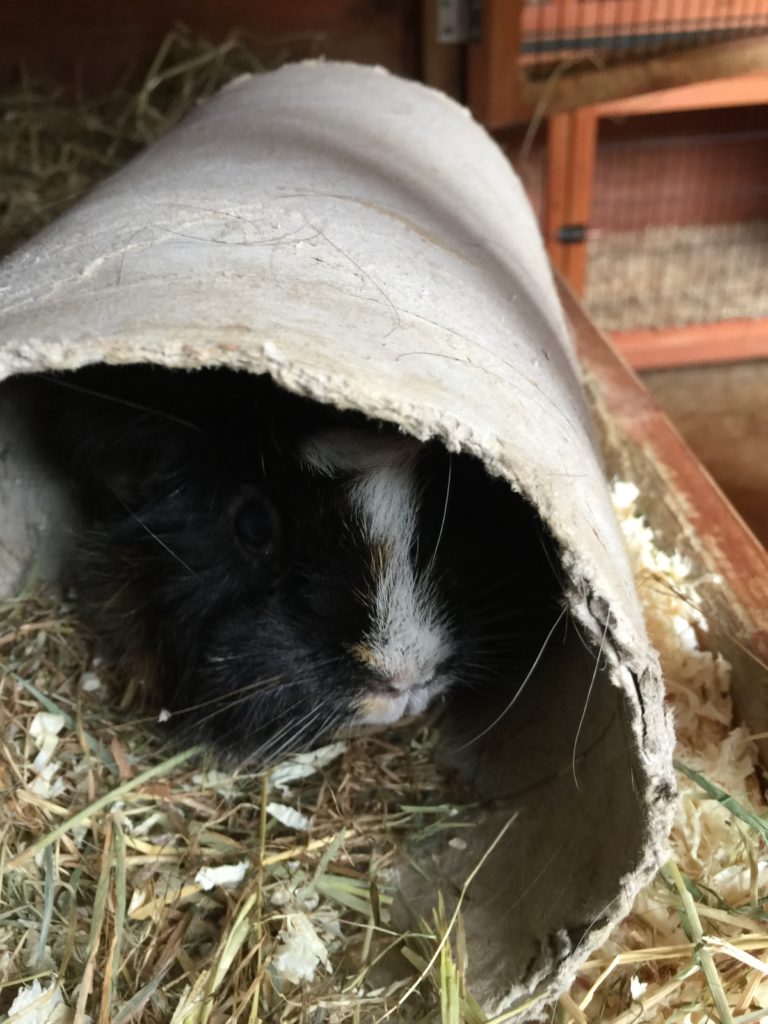
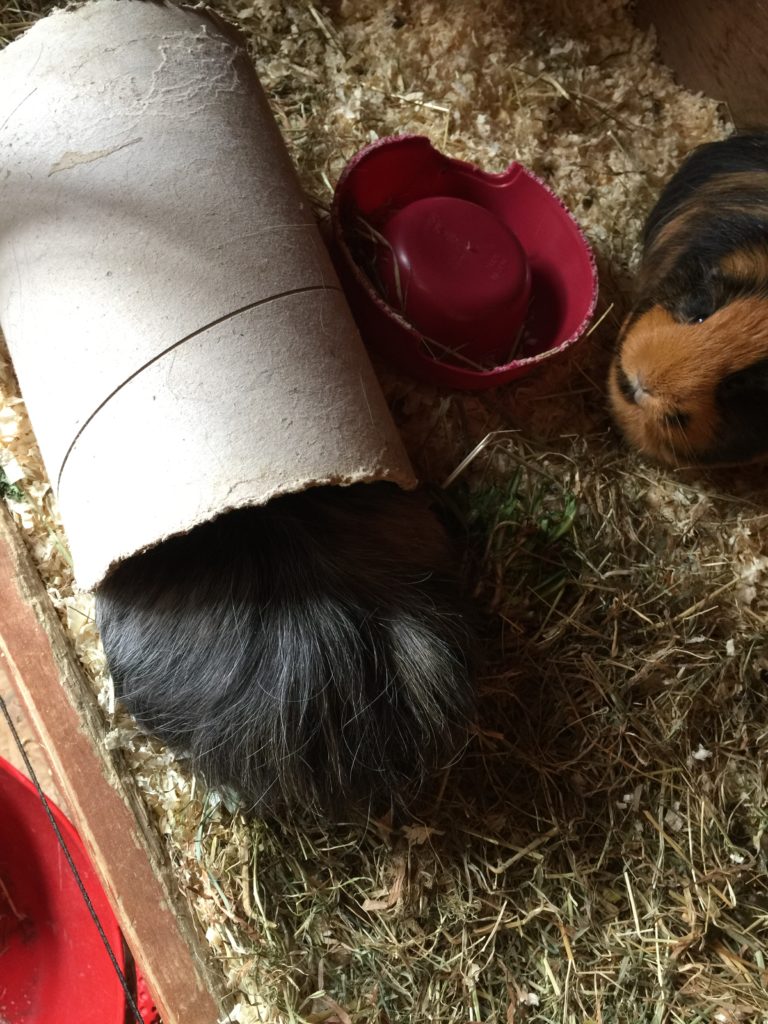
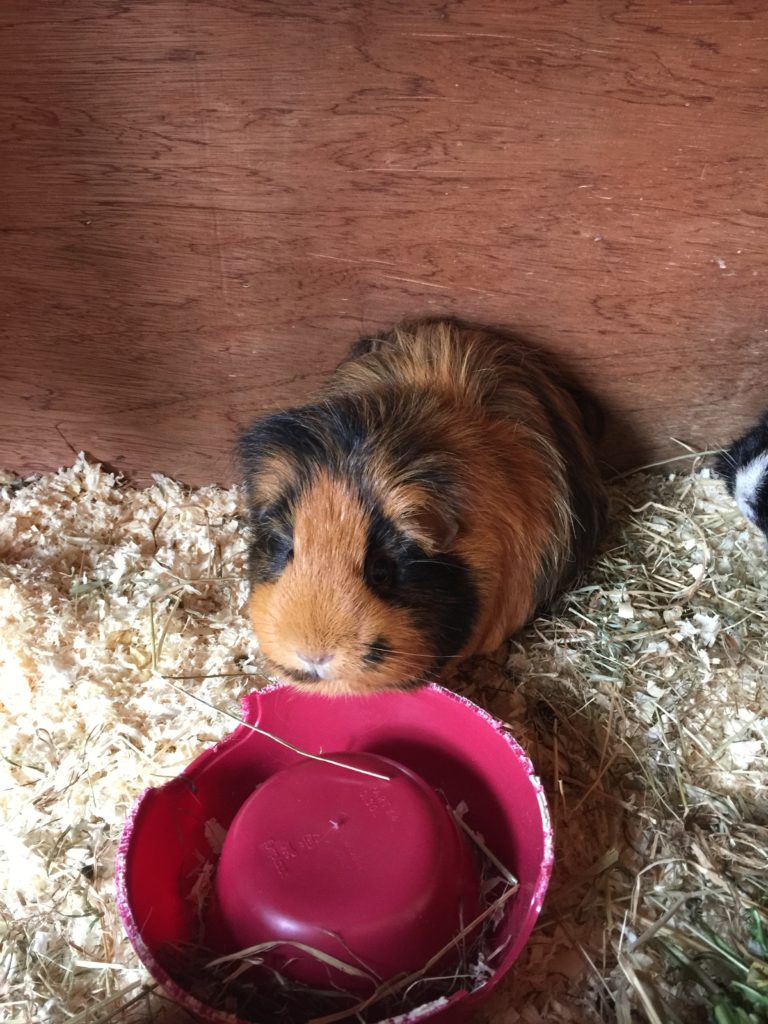
Nibbles “Just because I am in front of it doesn’t mean I turned it over!”
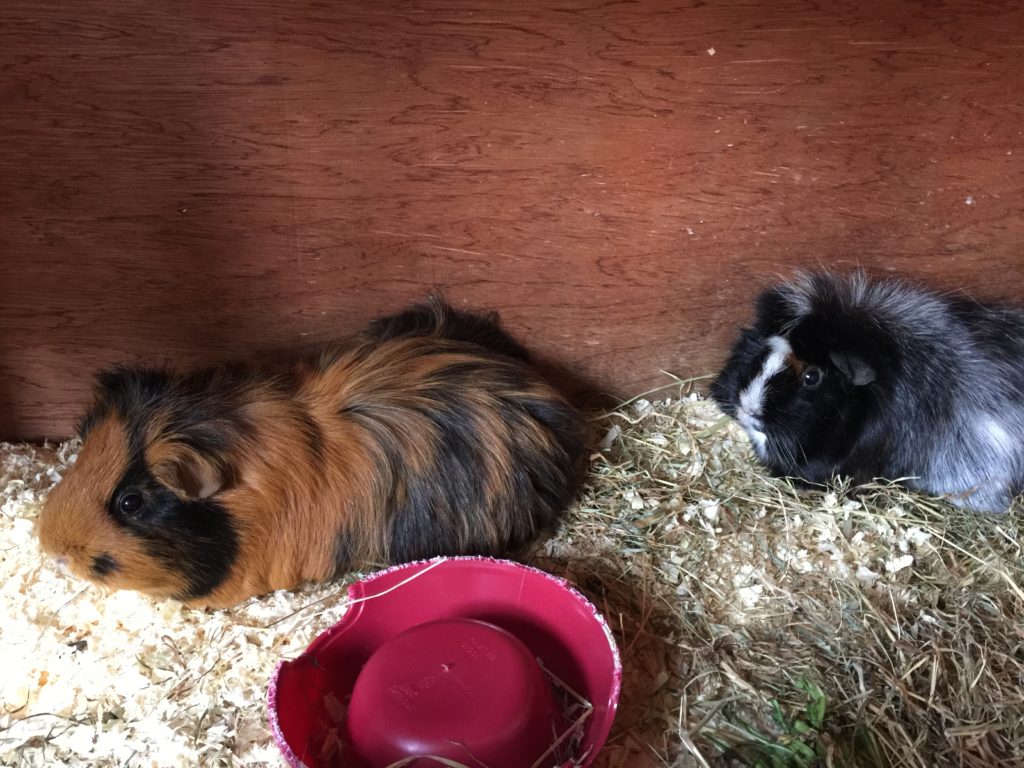
Blaze “She did”

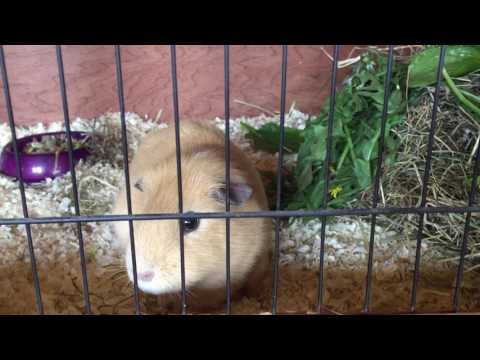
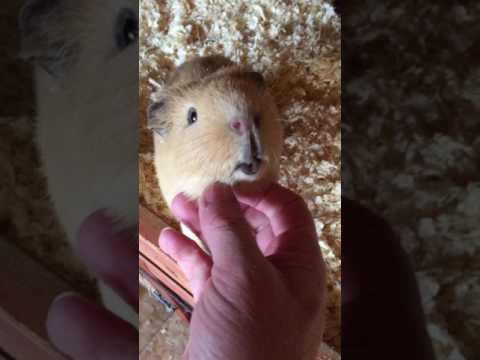


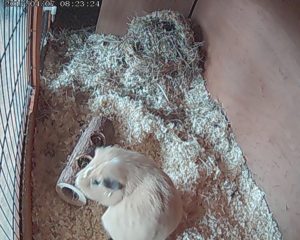
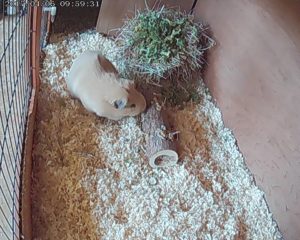
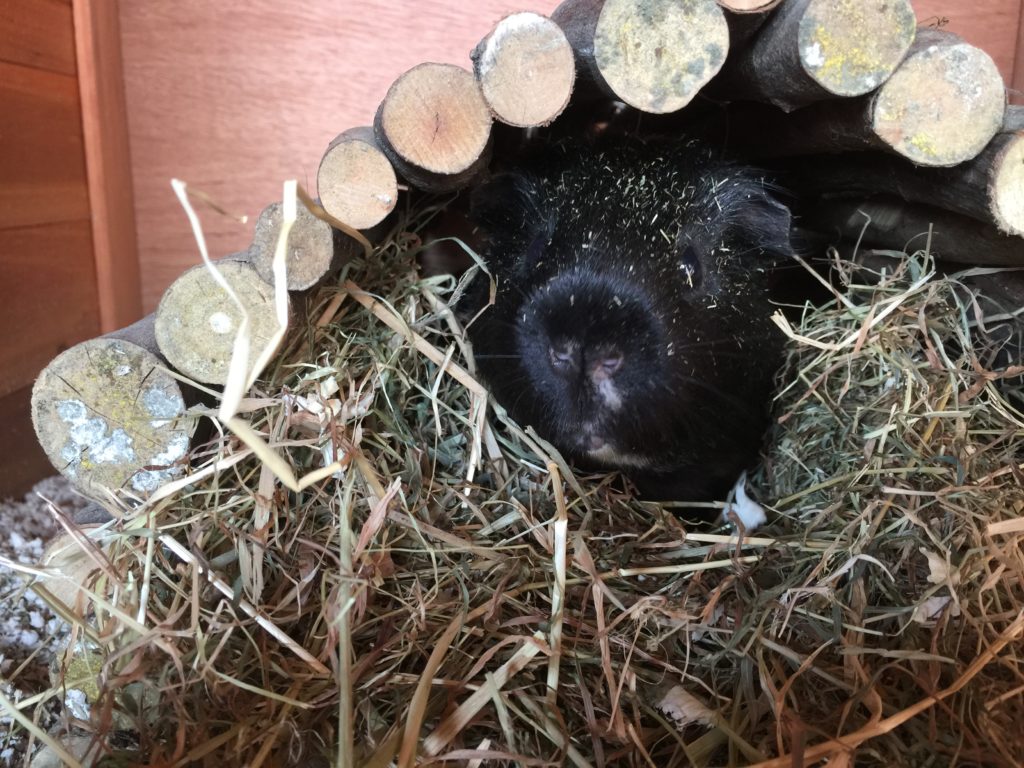
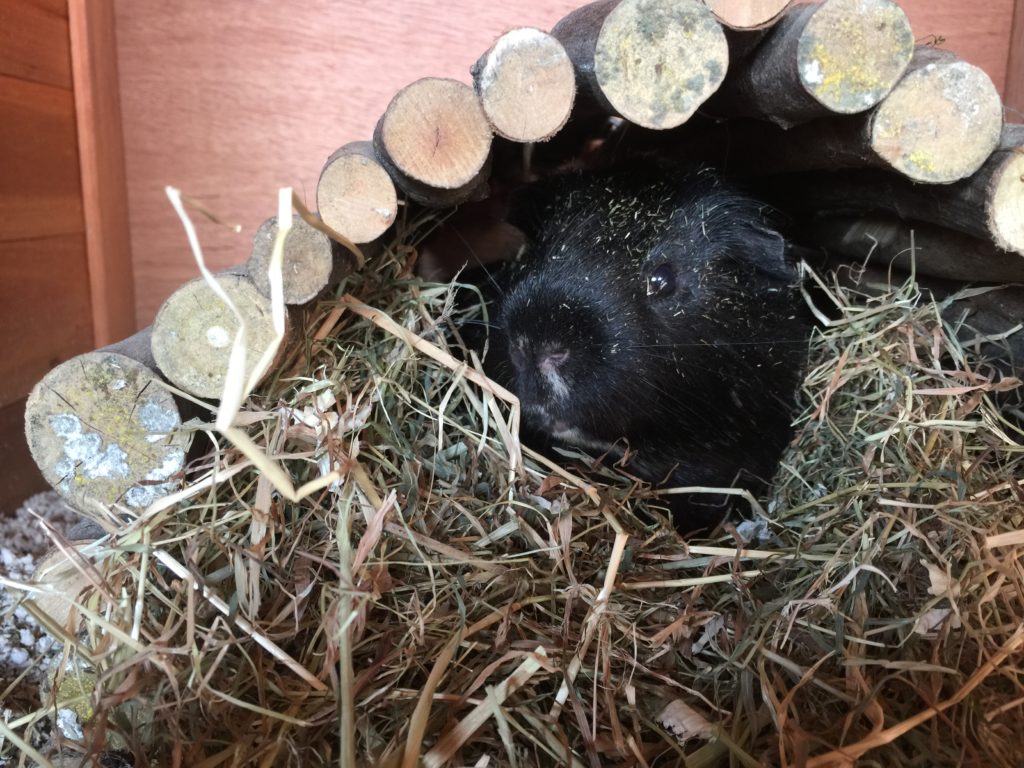
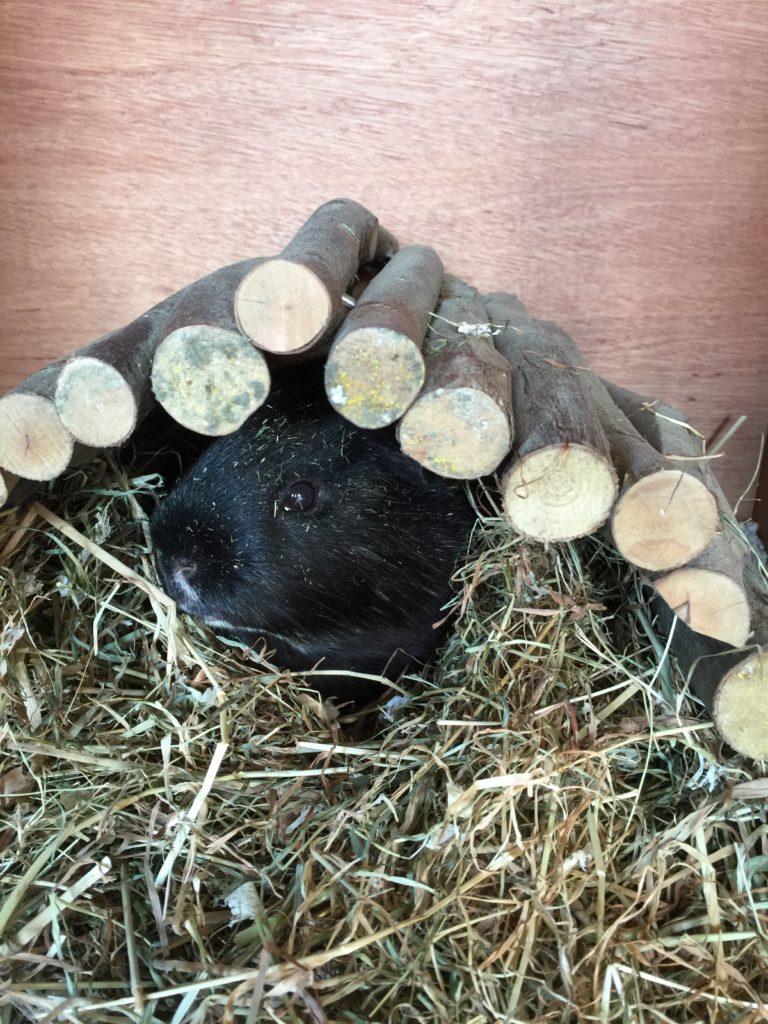
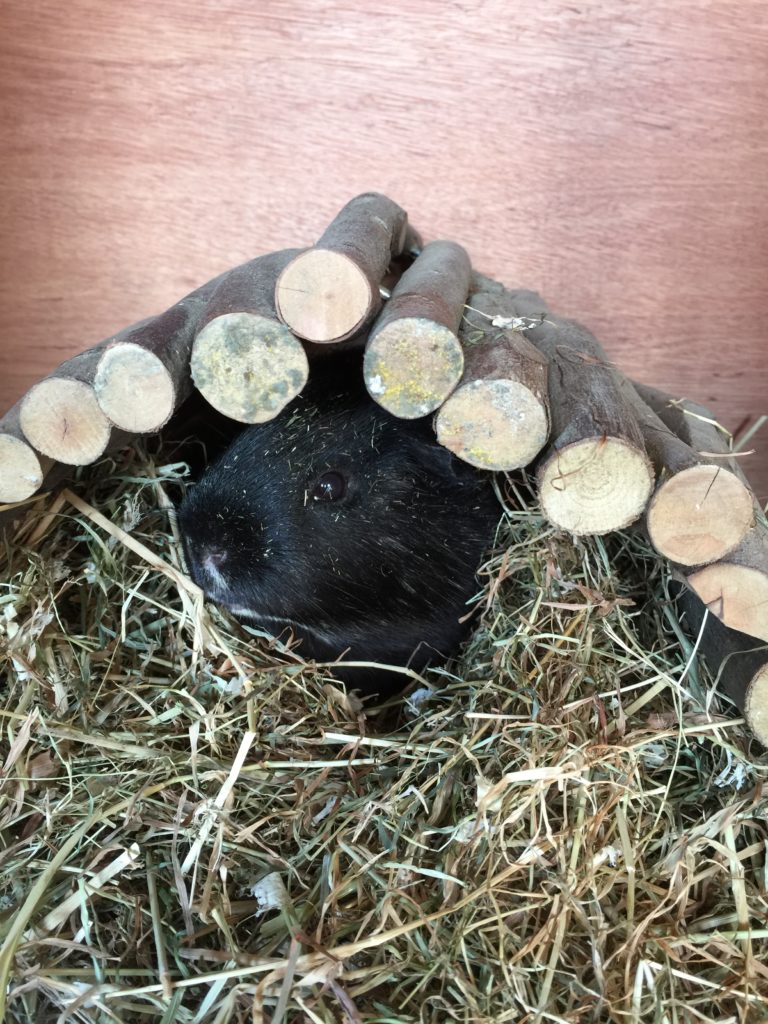


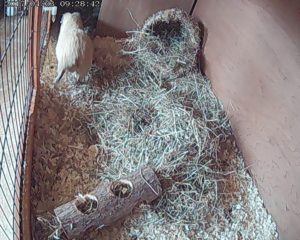

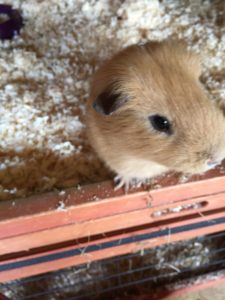
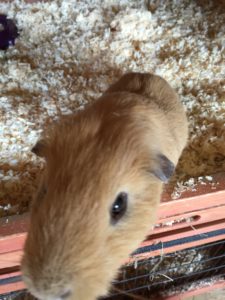
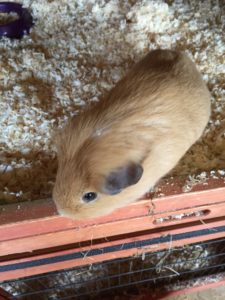
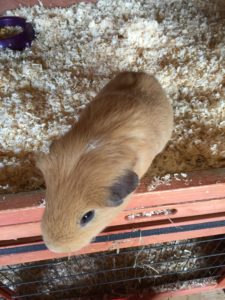
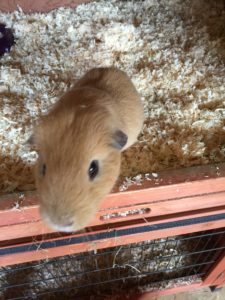
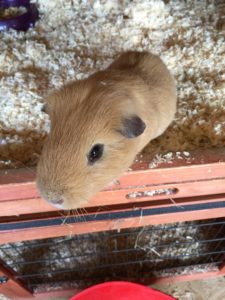
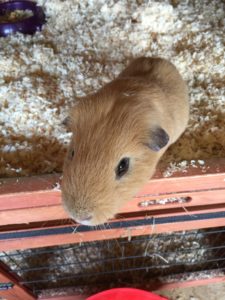
Yes we have a new addition to our accommodation a new deluxe hutch that can hold up to 8 wiggles in luxury a three floor mansion for wiggles.
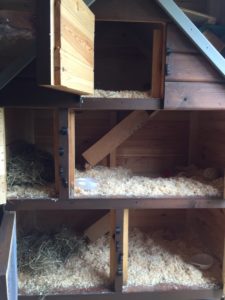
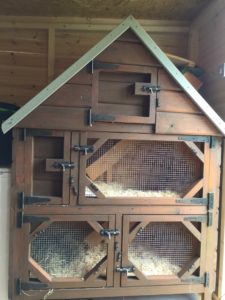


Tubs doing his exercise for the day ahead, on the guest rooms we now can offer CCTV (Big Brother is watching you) so you can keep an eye on your wiggles on your phone or tablet with a free app for peace of mind and capture some fun stuff.
Tubs Lower Hutch##20170321##100948
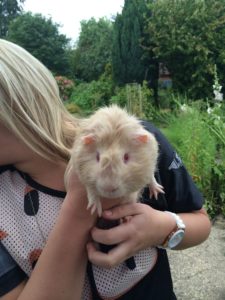
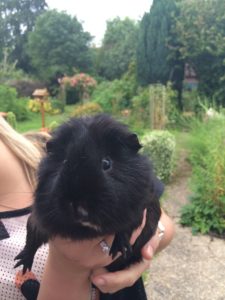
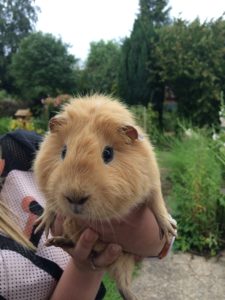
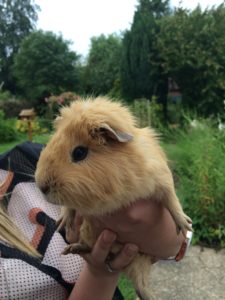
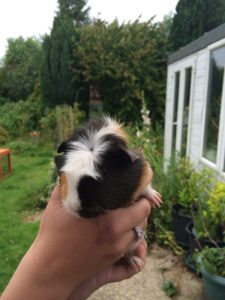
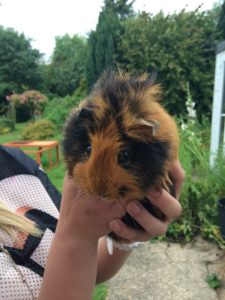
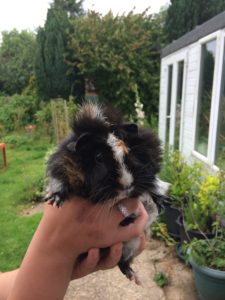
Guinea pig factfile, G. pigs, or ‘cavies’, are social animals with a compact, rounded body shape, short legs and no tail.
They originate from the grasslands and lower slopes of the Andes Mountains in South America. Why not view our full Guinea pig factfile (PDF 44KB).

There is no one “perfect” way to care for all guinea pigs because every pig and every situation is different. It is up to you how you look after your pig, but you must take reasonable steps to ensure that you meet all their needs.
Read our expert reviewed pet care information to find out more about the needs of guineas: Environment, Diet, Behaviour, Company and Health and welfare.
You can also download our booklet: How to take care of your guinea pigs (PDF 1.38MB)

Owning and caring for a guinea pig can be very rewarding, but you do have a guinea pig duty to care and it is a big responsibility and a long-term commitment in terms of care and finances.
If you own or are responsible for a guinea pig, even on a temporary basis, you are required under the Animal Welfare Act below to care for them properly.
Guinea Pig Duty To Care, Prior to the Animal Welfare Act, animal welfare law was largely reactive and action could only be taken once an animal had suffered unnecessarily.
The 2006 Act has introduced an important and new concept for pet owners and those responsible for domestic animals, e.g. breeders, those who have working animals or farm animals in England and Wales.
This means enforcement agencies and our inspectors can now act by advising and educating owners before their pets suffer.
If this advice is not followed or the animal’s needs are not being met then action can be taken whether through a formal warning or in some cases a prosecution.
Guinea Pig Duty To Care, Section 9 of the Animal Welfare Act places a duty of care on people to ensure they take reasonable steps in all the circumstances to meet the welfare needs of their animals to the extent required by good practice.
In short it means they must take positive steps to ensure they care for their animals properly and in particular must provide for the five welfare needs, which are:
Find out what your pet needs in advice and welfare pages.
Further information about what this means in practice can be found in specific Codes of Practice produced by Defra (for England) and by the Welsh Government.

Guinea pig fact, they are small, sociable, ‘chatty’ rodents. There are different breeds and varieties, with a wide variety of colour and coat lengths.
They are traditionally thought of as good first pets for children, but it should always be an adult that takes responsibility to ensure they are properly handled and cared for.
Typically they live for 5-6 years, but some may live longer. Guinea pigs have specific dietary and housing needs. That was our guinea pig fact for today.
